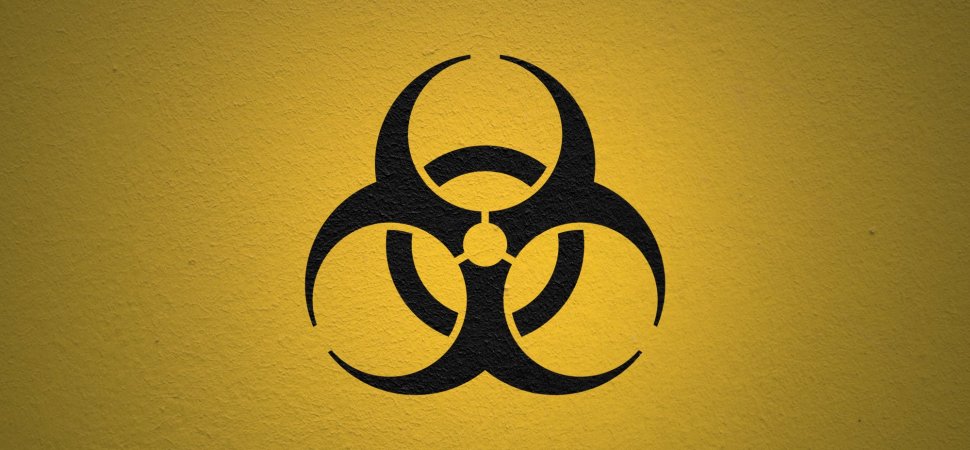In February, I wrote about the need to clear your communication clutter and get rid of what’s unnecessary. Well, getting rid of unnecessary or toxic relationships is just as important to your success and happiness.
Relationships with people are like our relationships with cars. You have a reciprocal relationship with your car. If you care for it properly and give it what it needs- gas, maintenance, tires, cleaning, etc., it will “reciprocate” by being reliable, efficient, and safe transportation. On the other hand, if despite your efforts, your car guzzles gas, doesn’t start most of the time, and breaks down frequently—you’d probably get rid of it. The cost of having the car would far outweigh the benefit—no reciprocity there.
Human relationships also require reciprocity to work. When each person meets the needs of the other, the relationship works. When there is no reciprocity and one person is being “bled dry” by the other, the relationship doesn’t work, at least for the desiccated corpse.
I’m not saying we shouldn’t be “giving” people or shouldn’t make sacrifices for others. Being a good friend, coworker, employee, child, or neighbor, often requires putting others above ourselves. However, when a relationship is all about you giving and the other person taking, and you’ve tried to communicate your needs to no avail, it might be time to cut your losses and end it, no matter who the person is- from parents and other family members to toxic bosses and coworkers.
End the relationship by avoidance
In many situations, culling your relationship herd can accomplished simply by not returning phone calls, cancelling get-togethers, and making excuses to avoid getting together. As a person who is an advocate of communication, I have a hard time recommending this. Ideally one should be direct and address the issue. However, if the relationship isn’t a close one, or one that’s just getting started, it is a viable option.
Offer an honest explanation
If your interests or those of the other person have changed or the relationship is no longer working for you because the other person is disrespectful, inconsiderate, or otherwise not doing their part to make the relationship a positive one, sometimes the best option is to be honest about that. Yes, it might be difficult to tell a “friend”, “Greg, even though you say you’re joking, I’m not interested in being on the receiving end of your negative comments, so I won’t be spending time with you anymore.” It might be equally as difficult to tell your boss, “Stacey, I’m giving you my two-week notice. I can’t work here anymore because I can no longer continue to do Stan’s work and my own.”
However, before using these approaches, you should always try to communicate with the other person about the problem before calling it quits. That being said, if you’ve already talked to Greg twice about his name-calling, and you’ve already talked to both Stan and Stacey about the workload problem several times, it’s time to realize they’re not going to make a change, so you need to make one.
Blame Yourself
If you don’t have the courage to be honest and avoidance isn’t working, you might say something like, “My life is really hectic right now and I just don’t have time or the energy to be a good friend right now,” or “My career goals have changed and I’m going to need to give my two-week notice.” Taking this approach avoids putting the other person on the defensive and avoids burning bridges. However, realize, by not being honest, the other person is very unlikely to see their role in your departure or take responsibility for it. At the same time, if you’ve already talked to him or her several times, the bottom line is they don’t want to, don’t know how to, or don’t care to change, so there’s not much else you can do to “help” them.
Although leaving a relationship can be scary and sometimes difficult, in the end, getting rid of the toxic relationships in your life will leave room for the more positive ones you deserve.








I have quit a job using the “it’s not you, it’s me” line. Although I wanted to help my boss understand her role in my quitting (negativity, controlling nature, devaluing my contributions) I felt like we’d had enough conversations about it, and she wasn’t interested in changing her style. We’ve actually become friends now since I left, and have collaborated on a project together, as we’re in similar industries. I feel a little guilty that I never told her she was the reason I quit, but she found a replacement for me that appears to work just fine with her style (as far as I know), and I’m in a position now where I feel valued, so I suppose it’s win-win.